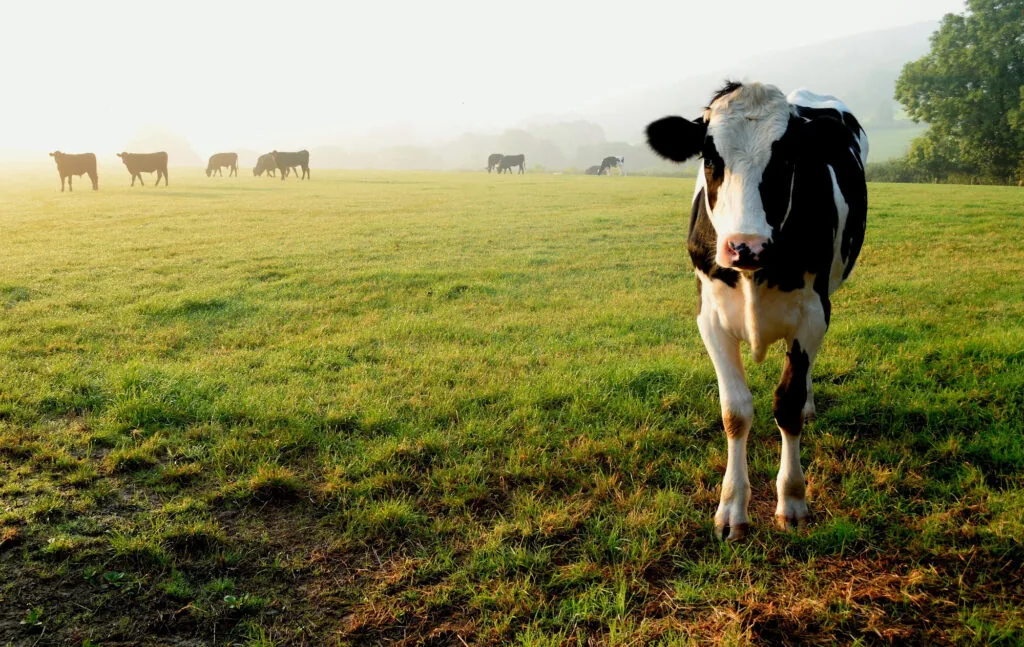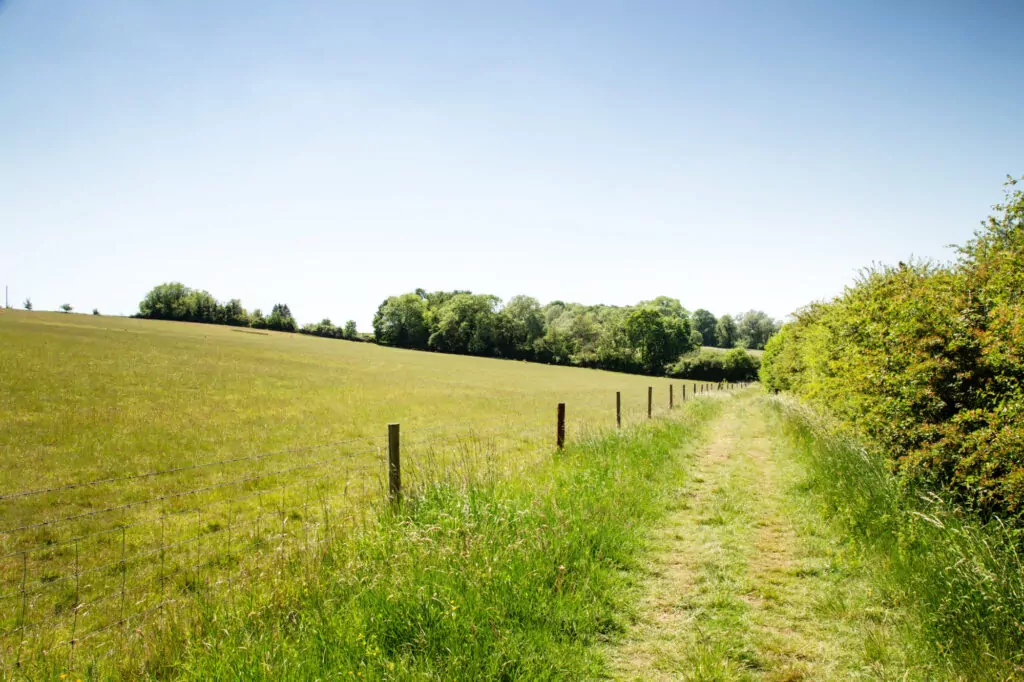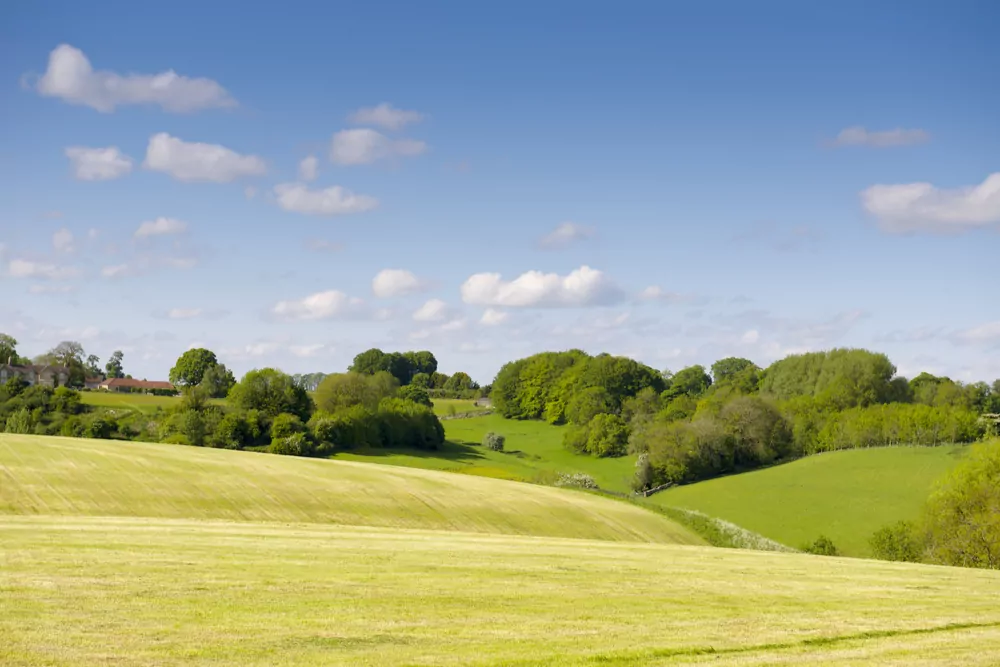
A guide to the tax landscape surrounding Natural Capital in 2024: Enhancing commercial opportunities for farmers

By Katherine Willmott, Clara Pike-Siew
8 Aug 2024 | 4 minute read
Schemes which utilise natural capital to provide both an income stream for landowners and an ecological benefit to wider society are becoming increasingly popular and can provide a valuable opportunity for landowners to generate income in return for providing environmental services. For instance, earlier this year, we explored the current opportunities within Environmental Land Management Schemes (ELMs) (publicly funded projects aimed at attaining land outcomes aligned with public good) available to farmers.
In practice however, guidance surrounding the tax treatment of natural capital schemes has not kept up with the growth of the natural capital market, and this has posed a practical obstacle to the uptake associated with natural capital schemes. Given that many environmental schemes will bind land for periods of 30 – 125 years, it is important that landowners are aware of, and fully understand, the long-term tax implications of a move to this emerging market.
Agricultural Property Relief
The 2024 Spring Budget provided some welcome clarity as to the availability of Agricultural Property Relief ("APR"). It has been confirmed that APR will apply to transfers (in lifetime and on death) of land subject to an environmental land management scheme from 6 April 2025 provided that:
- The environmental land management scheme agreement was entered into on or before (provided that it remains in effect at) 6 March 2024.
- The transfer or death occurs on or after 6 April 2025.
- The land in question was agricultural land for at least two years prior to the land use change. It is not necessary to show that the land was used for agricultural purposes (as required for APR to apply to agricultural land) during this period.
However, whilst this has addressed some concerns as to the inheritance tax treatment of natural capital land, some uncertainty remains. For instance, APR will only be granted to land managed under an environmental agreement with or on behalf of the UK Government, Devolved Administrations, public bodies, local authorities or approved responsible bodies. This means that private natural capital schemes may not benefit from APR on transfer or death of the landowner.
Business Property Relief
The government have confirmed that they will not extend Business Property Relief ("BPR") to list environmental land management as a qualifying activity. Whether BPR is available in respect of natural capital schemes will therefore continue to depend on whether the land is held as part of a trading business.
As many natural capital schemes will inevitably be more 'passive' than traditional farming (particularly those based around biodiversity net gain and nutrient neutrality) questions remain as to whether such schemes will meet the trading requirements to qualify for BPR.
Income Tax v Capital Gains Tax
It will also be important to consider how any income or profit received from natural capital schemes is to be classified in terms of tax filing; it is often not immediately clear whether payments received under such schemes will be considered capital or income.
The classification of payments received will be very important from a tax perspective. Capital payments benefit from tax at a relatively low rate of 20%, whereas income payments could be subject to tax at rates of up to 60%. Careful consideration must therefore be given as to the classification of payments received.
Much will depend on the terms of the agreement in place, but it is likely that most arrangements will involve a mix of both capital and income payments. For example: a lump sum received upfront may be deemed a capital payment to account for the devaluation of the land subject to the scheme, whereas payments for the ongoing management of the land are more likely to be deemed to be income payments.
Further questions arise in relation to income as to whether income should be taxed in the year of receipt or over the term of the agreement.
Need for advice
If proper advice is taken at the outset much of the current uncertainty creating a barrier to the use of natural capital schemes can be addressed.
It will be important for landowners to seek advice as to the likely tax implications of entering into a scheme, both in terms of:
- The immediate tax consequences, such as the proper classification of payments received.
- The longer-term tax consequences and their impact on succession planning – the potential loss of APR or BPR may have a significant impact on the level of inheritance tax paid on death.
Advice should also be sought on the best means of holding land subject to a natural capital scheme, which can assist in effective succession and tax planning. Holding land through, for example, a limited company can provide access to beneficial tax rates and enable landowners to involve the next generation in the ongoing management of the land and any income or profit generated – particularly useful given the long-term nature of many schemes.
Following the General Election on 4th July 2024, landowners contemplating natural capital schemes should also seek advice on the best safeguards and potential responses to future tax legislation that could be built into the set-up of natural capital schemes.
Overall, natural capital schemes provide opportunity for significant new income streams and vital environmental good. However, given the uncertainty currently surrounding the taxation of these schemes, it will be important to take advice at an early stage to enable effective long-term planning and an understanding of the tax implications of such schemes.
We have large teams of specialist lawyers in real estate, clean energy and infrastructure, planning, tax and succession who can provide a wealth of experience and legal expertise in this area. We can support you through all elements of your transaction to produce environmental goods on your land.
Discover more about our teams on our Natural Capital and Succession and Tax pages.
Check out our Experts in the Field podcast, where we focus on insights and practical advice on important issues for agriculture and rural businesses. In this episode, our experts discuss the commercial dimensions of natural capital, and how tax and succession necessarily takes centre stage.





























